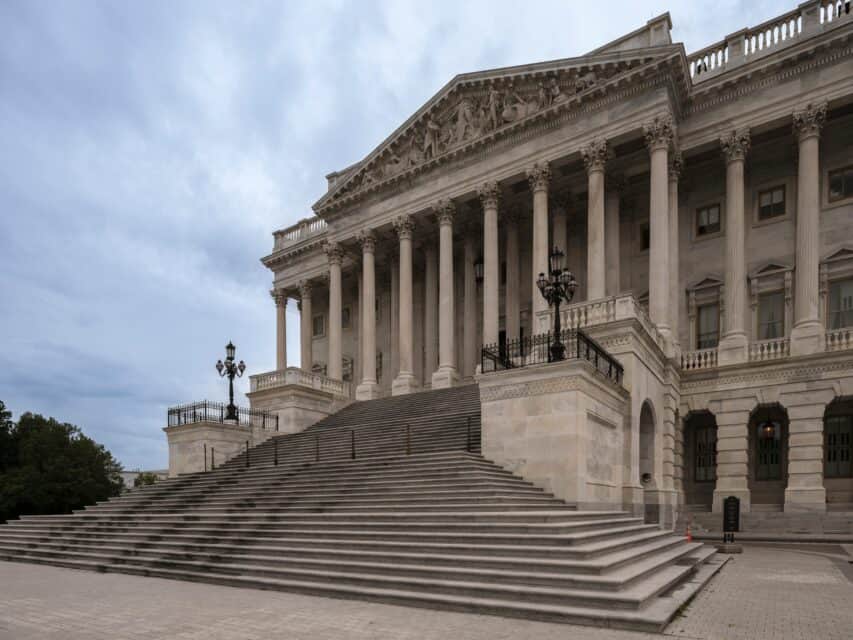- Imperial College London achieves its highest place in the table in a decade since it came second in 2015
- MIT sits in first place for a record 13 years in a row
- Rankings are suggesting the US, UK and Canada are all seeing marked drops that could spell change in the air
The Massachusetts Institute of Technology took the top spot for the 13th year in a row in the QS World University Rankings, but Imperial’s shock rise to the near-top sees last year’s second place, the University of Cambridge, drop down to fifth.
Despite their featuring in the top ten, both UK and US universities are beginning to slip in terms of their overall dominance on the ranking, QS noted.
Some 58% of the UK’s featured universities have declined in their ranking and two thirds of US universities have also dropped, including UC Berkeley, which was replaced by CalTech in 10th place.
“If one were to tell a story of the last two decades of global higher education, it would be of the US managing to remain pre-eminent – more of the world’s very best universities… amidst intensifying ambition from Asia’s great powers,” said Ben Sowter, QS senior VP.
“This year offers the starkest signal yet that there is no guarantee whatsoever that the US’ privileged position can withstand this ambition indefinitely,” he warned.
With the biggest names in the US like Berkeley dropping, Cornell slipping from 13th to 16th, Princeton plummeting five places to 22nd and Yale sliding to 23rd, the writing does seem to be on the wall, coupled with an enrolment cliff on the way in the next five years.
QS CEO Jessica Turner noted that the UK’s results could indicate that HE in the country may have “limited capacity remaining to continue excelling in the face of” issues like funding shortages, application drops, and international student rhetoric.
This year offers the starkest signal yet that there is no guarantee whatsoever that the US’ privileged position can withstand this ambition indefinitely
Ben Sowter, QS
“Whatever the result of July’s election, the next government must make a properly resourced, continually championed higher education sector an urgent priority. It is one of the UK’s great assets and achievements and must be maintained accordingly,” said Turner.
What is definitely on the horizon is the drive of Indian universities to climb up the rankings.
“There is still no Indian institution among the global top 100. However, the noteworthy Indian – and Asian – improvements this year should still resonate with all those involved in US higher education, particularly in the context of American struggles,” explained Turner.
In Asia, Singapore is still has the university with the highest ranking, with the National University of Singapore maintaining eighth place, and Nanyang climbing from joint 26th place to 15th in the latest rankings.
Meanwhile, China’s Peking University climbed from 17th to 14th, and Tsinghua also just made it into the top 20, displacing the University of Chicago in the process.
Interestingly, 68% of China’s universities’ rankings improved. The University of Hong Kong also replaced Peking at 17th place, shooting up nine places.
Australia managed to get three of its top universities into the top 20; the University of Melbourne rose to 13th from 14th last year, the University of Sydney climbed one place to 18th and the University of New South Wales remained in 19th place.
However, Australia was noted as having world-leading levels of internationalisation, with Sydney, the University of Queensland and Monash University – which is known for its branch campus provisions and international outlook – achieving perfect scores in the organisation’s International Students Indicator.
We hope that a thoughtful approach will be taken to avoid unintended negative impacts on students
Jessica Turner, QS
Turner warned, however, that Australia’s placing could be negatively impacted by forthcoming changes including a “soft” cap on students and reports of possible visa fee rises.
“It is important to balance regulatory measures with the need to support the international education sector and the opportunities it provides. We hope that a thoughtful approach will be taken to avoid unintended negative impacts on students, universities, and Australia’s global competitiveness,” she said.
The final big four destination, Canada, has been recognised instead – despite its own issues with international student caps and rhetoric – for its institutions’ commitment to sustainability.
QS’ sustainability indicator, part of the rankings measurement system, has seen Canada emerge as a “global leader” for environmental, social and governance strategies and initiatives involving the UN SDGs; Sowter pointed to University of Toronto leading the charge on various efforts on sustainability.
“However, it is of some concern that sustainability is the only indicator in which more of Canada’s universities have climbed the table than dropped,” he said, indicating that Canada more than likely hasn’t escaped the impact of its latest policy decisions within the rankings.
“In indicators related to research, employability, reputation and internationalisation, Canadian universities are increasingly losing ground to their global peers,” added Sowter.
The QS World University Ranking 2025’s full top 10 is as follows:
- Massachusetts Institute of Technology, US
- Imperial College London, UK
- University of Oxford, UK
- Harvard University, US
- University of Cambridge, UK
- Stanford University, US
- ETH Zurich – Swiss Federal Institute of Technology
- National University of Singapore, Singapore
- University College London, UK
- California Institute of Technology, US













